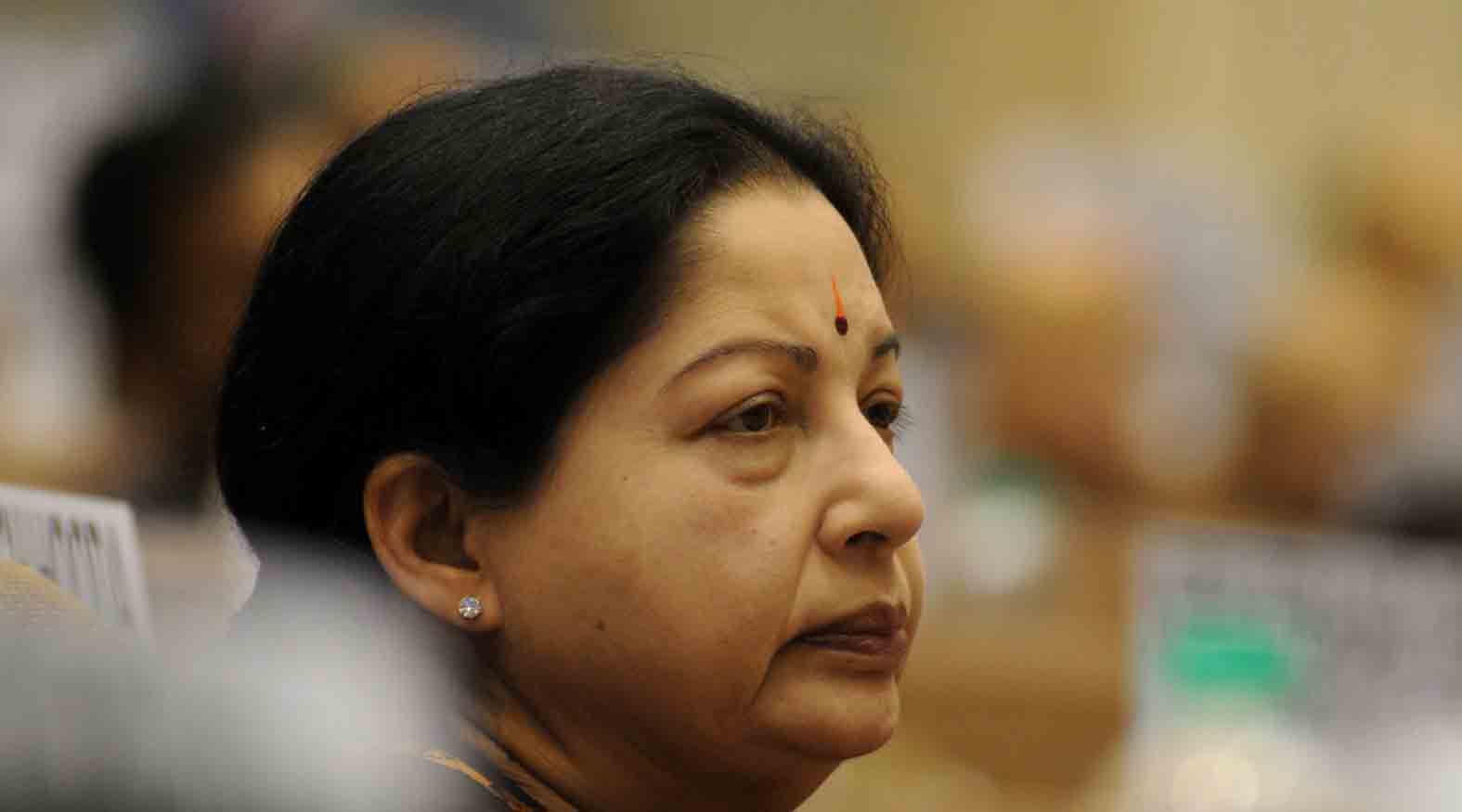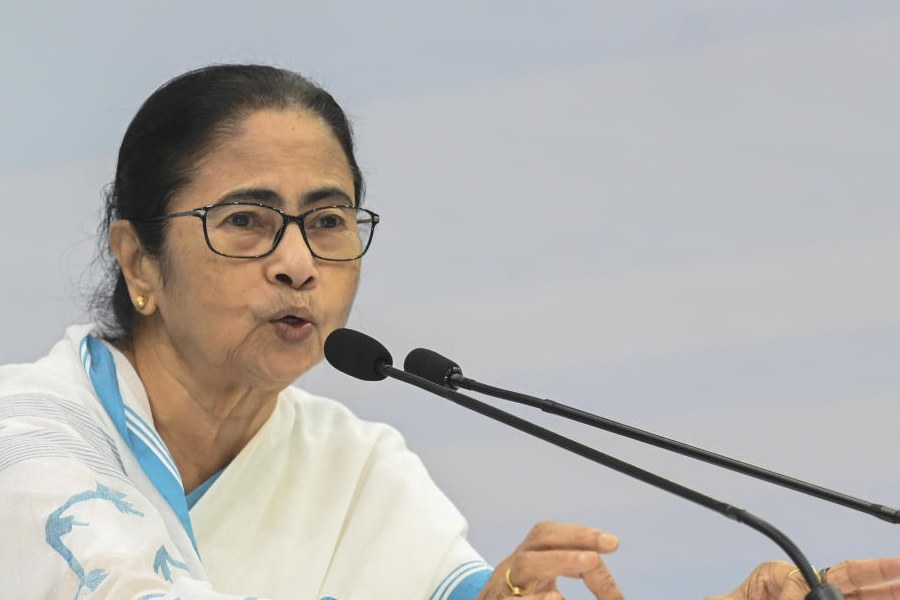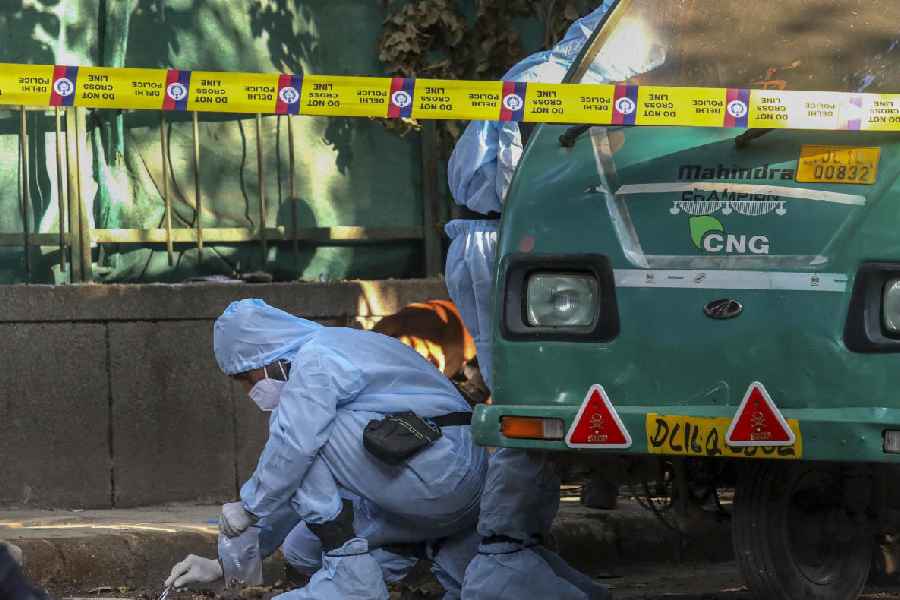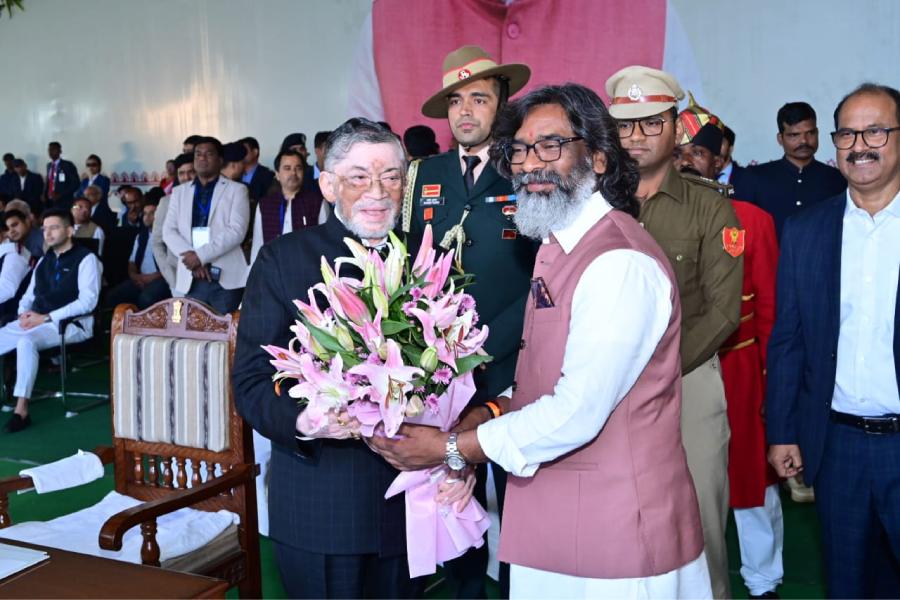The Madras High Court on Wednesday set aside all the orders of the previous AIADMK government starting from 2017 to 2020, which culminated in the take over and conversion of late Chief Minister J Jayalalithaa's Poes Garden residence here-- Veda Nilayam into a memorial and wondered if "is it not one memorial too many," considering that there was a Phoenix-themed memorial a few kilometers away from the locality, at the famed Marina Beach, for the deceased leader.
Justice N Seshasayee, who passed the orders, also posed some questions to the government over spending of public money and criticised the then government for taking over a private land for a memorial, when one existed on the Marina, and for lapses in observing the procedure.
It is a wastage of public money, the judge held in his 123-page order.
The court quashed the orders while allowing a batch of three writ petitions and about 15 miscellaneous petitions with various related prayers filed by J Deepa and J Deepak, the niece and nephew, respectively, of the late AIADMK supremo.
The compensation amount, which the government had deposited in a lower court pursuant to the award, is liable to be returned with all accrued interest to the government, the judge said.
"In a state where the substantial number of its populace is struggling for a dignified life under the Constitution, for whom Part III and Part IV of the Constitution are yet to become relevant, the court may not remain insensitive and play Dhridarashtra (the visually impaired king and father of Kauravas in Mahabharatha) when the Government decides to divert crores of public money mindlessly. Has not the cry of the citizens reached the powers that be?" the judge wondered. Part III of the Constitution deals with fundamental rights, while part IV relates to directive principles of state policy.
The Court cancelled the July 22 2020 conversion order of the Land Acquisition officer in Guindy under the 'Right to Fair Compensation and Transparency in Land Acquisition, Rehabilitation and Resettlement Act, 2013' and ordered the Chennai District Collector, in whose custody the keys of 'Veda Nilayam' is, to hand them over to the petitioners within three weeks. The judge said that the Income Tax Department is free to proceed for recovering any arrears of tax payable by Jayalalithaa which is chargeable on her estate, as per law.
The issue was well within the concept of judicial review, as it faced an allegation of colourable exercise of statutory power. If it is not, there is a grave risk of wasting public money on erecting memorials for those whose life, taken wholly and not selectively, hardly has a message for the public. As long as public money is involved, a scrutiny by the court to examine if a memorial constitutes a public purpose can not be avoided, the judge noted.
Differentiating the memorial on the Marina, the judge pointed out it does not involve any acquisition and noted that Veda Nilayam is only a few kilometers away from the Marina.
"Is it not one memorial too many? What is the inspirational story that 'Veda Nilayam' may provide which the Marina memorial does not?. What then is the public purpose in acquiring a private residence of the former chief minister?. Beyond the smoke screen of 'policy decision' and the Government's prerogative to attribute 'public purpose', this Court is still searching for an answer."
"And the fact that the notification for acquisition has been published a couple of years before the Court had cleared the construction of the Marina memorial for the former chief minister is immaterial, for what ultimately matters to this Court is defraying public money on a second memorial for the same CM," the judge added.
Refuting the claim of the then government that Jayalalithaa had implemented certain welfare measures, the judge said he does not intend to engage in a probe if the personal traits of a leader, or if such measures introduced by the same as a CM are sufficient to justify expanding public money to erect a memorial.
"Are not providing welfare measures without any personal gain the duty of any government?. At any rate, do the reasons cited explain why there ought to be a second memorial for the same leader?", the court asked.
It said the public trust doctrine implies that governments in this democracy are the custodian of public wealth and resources (including public money), which this country is blessed with and that it ought to manage them as a prudent manager of finances for public good.
Fiscal prudence is the soul of fiscal management and is inbuilt in the governance of public affairs. As a prudent manager of public funds it is the government's duty to deploy public money where the investment fetches tangible returns to the public at large. It includes welfare measures for the public like health, education, housing, transportation and also expenditure necessary for the preservation and protection of the public and Constitutional institutions that serve the public.
But the basic criterion is that the public expenditure by a government must be measurable in terms of the benefit it generates for them. Fiscal indiscipline, with no care to go for a cost-benefit analysis to demonstrate the existence of a public purpose, "will be a painful betrayal of the Constitutional faith", which every government, conscious of its constitutional duty to govern with a sense of commitment to its people, should refrain from, he said.
The context in that case was different, but the content of what is stated is apposite. Thus in all cases, where the public purpose is not so evident and becomes a subject matter of a judicial review, then it becomes necessary for the government to demonstrate that the intended object of acquisition is useful to the public and to justify the public expenditure involved in it, lest it would be, as held by the Supreme Court, a wasteful expenditure.
"In the final analysis, this court is left with little option than to hold that acquisition of Veda Nilayam cannot be said to involve a public purpose' in law. The acquisition fails. The fact that an award has been passed is of no consequence. And the fact that a formal inauguration of Veda Nilayam the Memorial on January 28 this year is equally of no consequence," the judge said.
The residential building in the upscale locality comprises an office room, library, waiting room for guests and conference hall.
It was reportedly bought by Jayalalithaa's mother in the late 1960's and was home to the late chief minister for over three decades, where several leaders, including Prime Minister Narendra Modi had called on her.
On August 17, 2017 then Chief Minister K Palaniswami had announced that Veda Nilayam would be converted into a memorial and opened to the public in remembrance of her achievements and service to the people.
The Tamil Nadu Assembly had in September 2020 adopted a Bill to replace an ordinance issued for possession of the house and to facilitate vesting of movable properties therein with the government.
In January this year, Veda Nilayam, converted into a memorial, was declared open by Palaniswami.
 Thursday, 28 November 2024
Thursday, 28 November 2024










